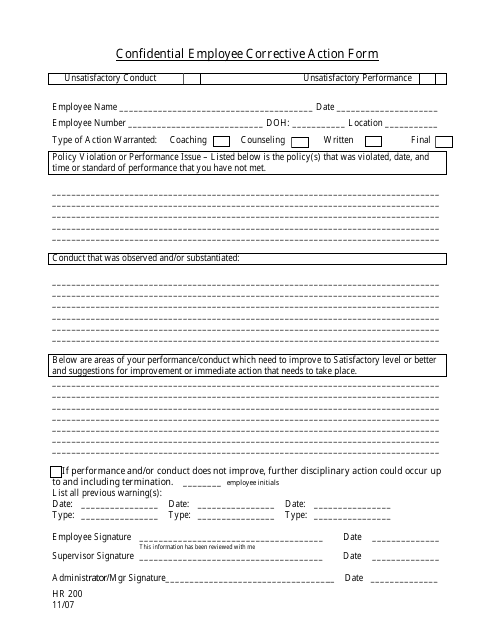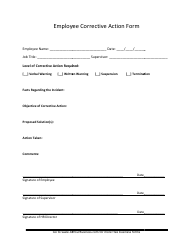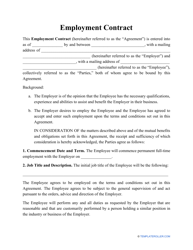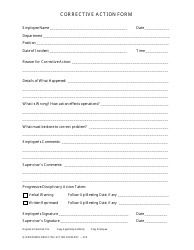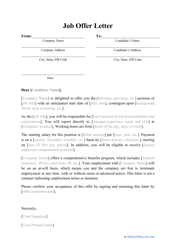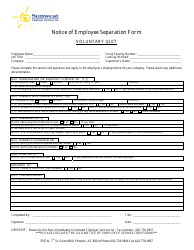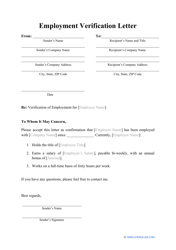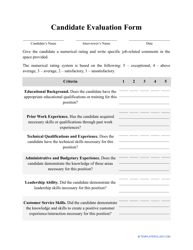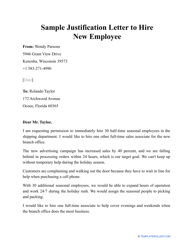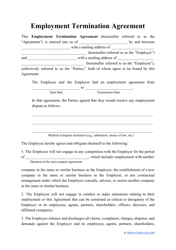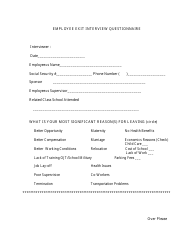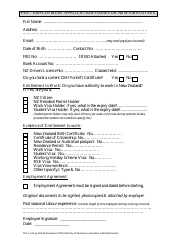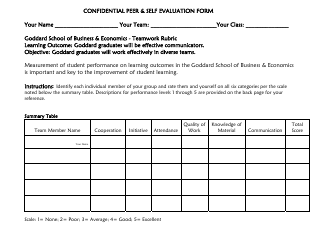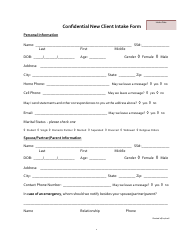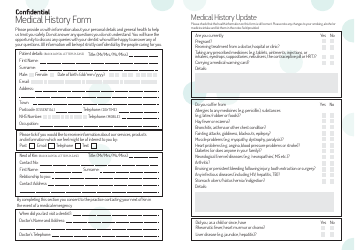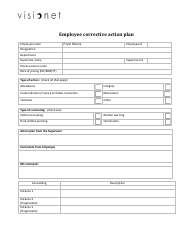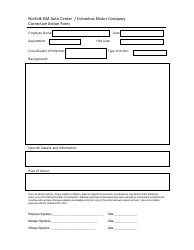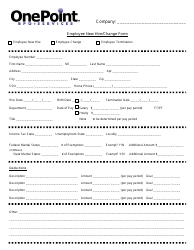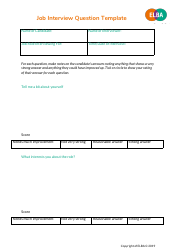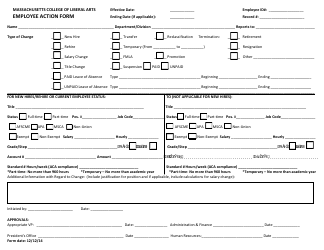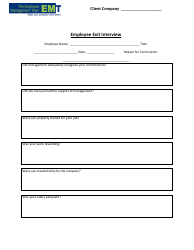Confidential Employee Corrective Action Form
A Confidential Employee Corrective Action Form is used to document any issues or misconduct involving an employee. It helps track and address problems in a confidential and structured manner, providing a basis for corrective actions and disciplinary measures if needed.
In the United States, the confidential employee corrective action form is typically filed by the employer or the human resources department.
FAQ
Q: What is a Confidential Employee Corrective Action Form?
A: It is a form used for documenting employee performance issues or disciplinary actions in a confidential manner.
Q: Why is a Confidential Employee Corrective Action Form necessary?
A: It allows employers to address employee performance issues or misconduct in a fair and consistent manner while maintaining confidentiality.
Q: What should be included in a Confidential Employee Corrective Action Form?
A: It should include details of the employee's performance or misconduct, the specific corrective actions being taken, and any previous warnings or discussions.
Q: Who fills out a Confidential Employee Corrective Action Form?
A: Usually, the employee's supervisor or manager is responsible for filling out the form.
Q: Can an employee refuse to sign a Confidential Employee Corrective Action Form?
A: Yes, employees have the right to refuse to sign the form, but it does not prevent the employer from taking appropriate disciplinary actions.
Q: What happens after a Confidential Employee Corrective Action Form is filled out?
A: The employer may implement the specified corrective actions and document any progress or future incidents in relation to the employee's performance.
Q: Can a Confidential Employee Corrective Action Form be used as evidence in legal disputes?
A: Yes, in certain situations, the form may be used as evidence in legal proceedings related to the employee's performance or disciplinary actions.
Q: Are there any legal requirements for Confidential Employee Corrective Action Forms?
A: There are no specific legal requirements, but employers are advised to follow their internal policies, applicable labor laws, and consult with legal professionals if needed.
